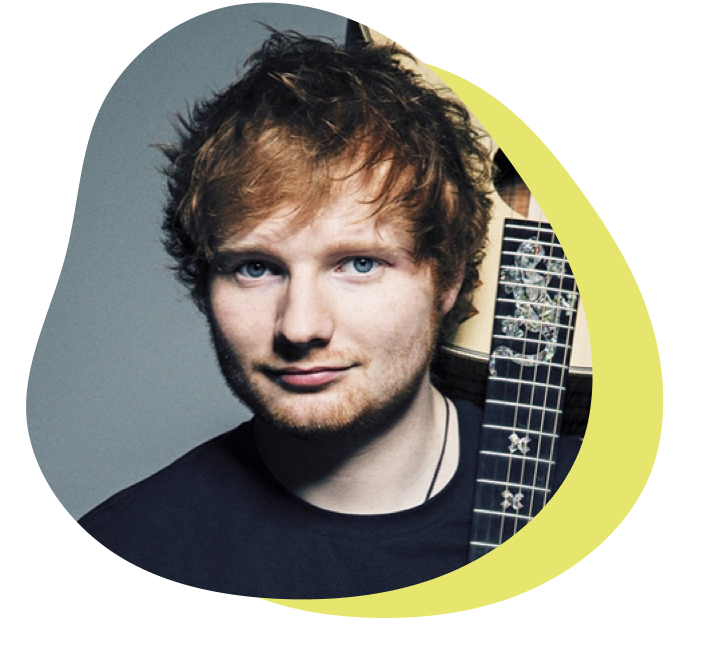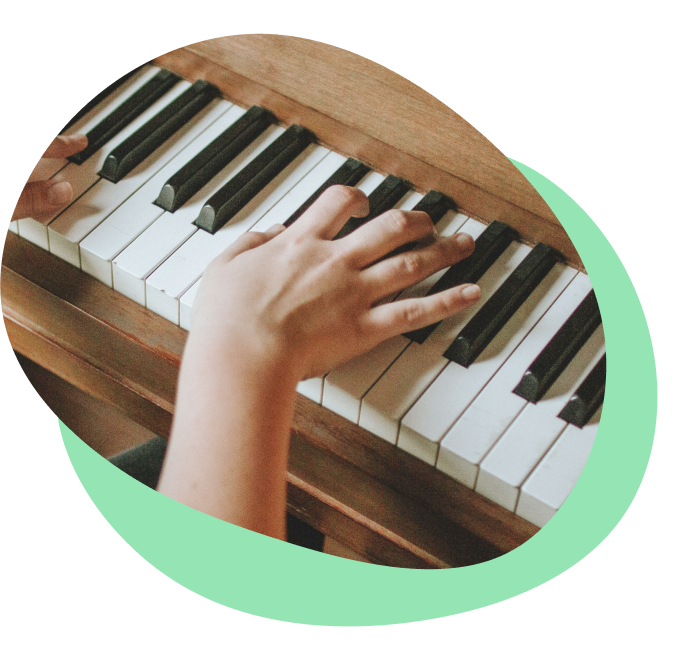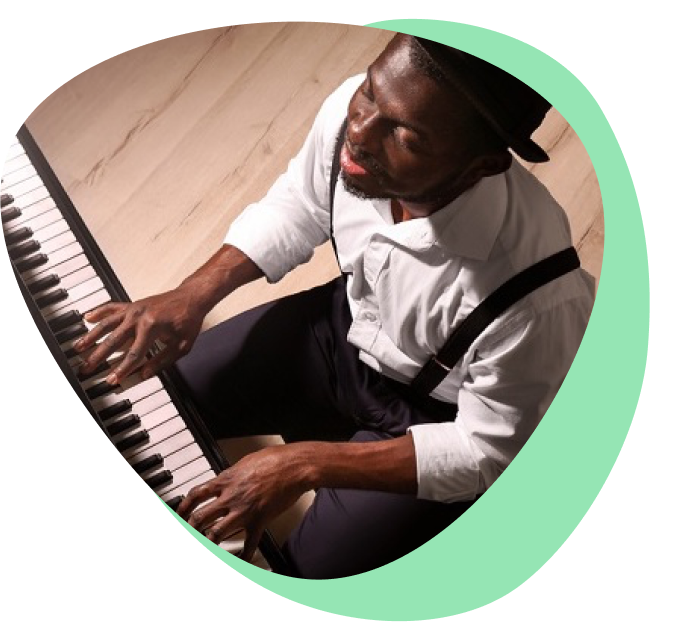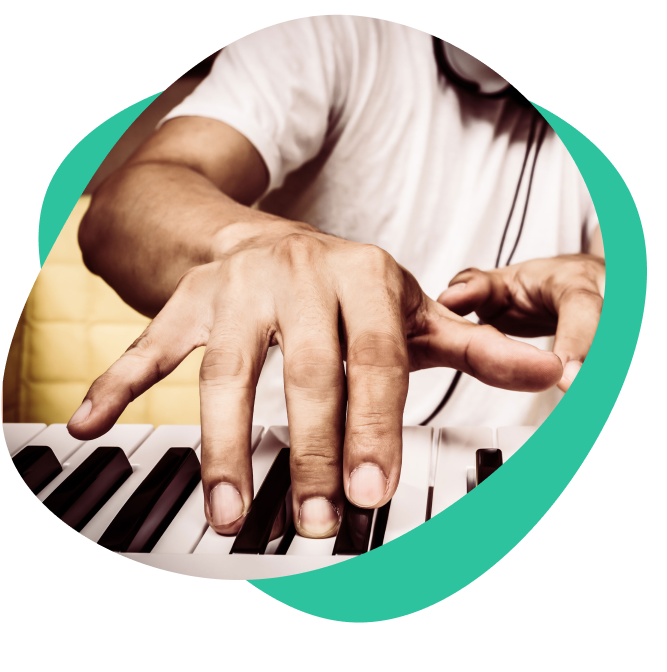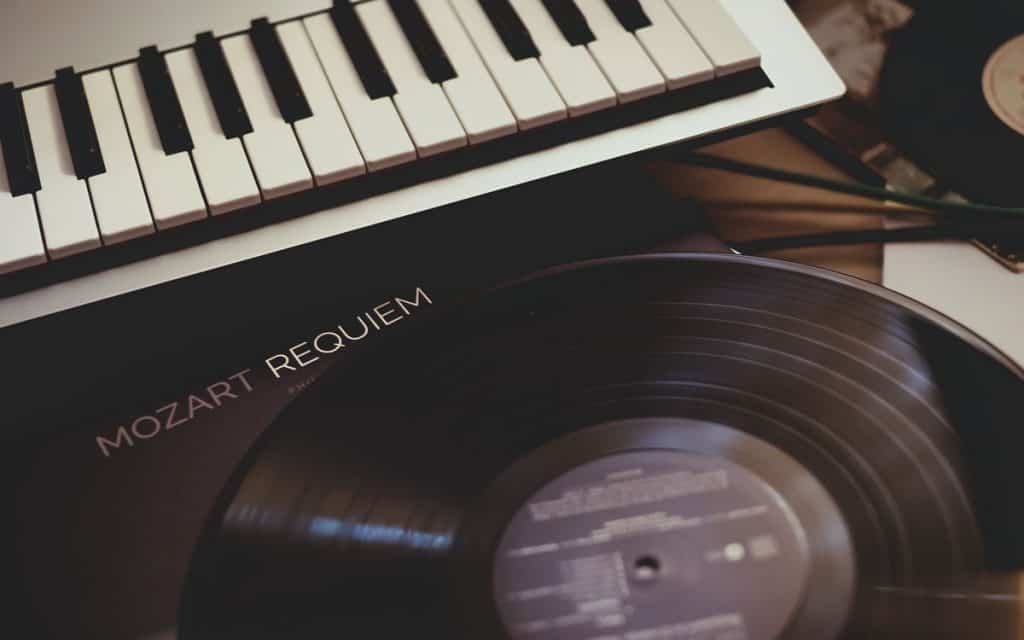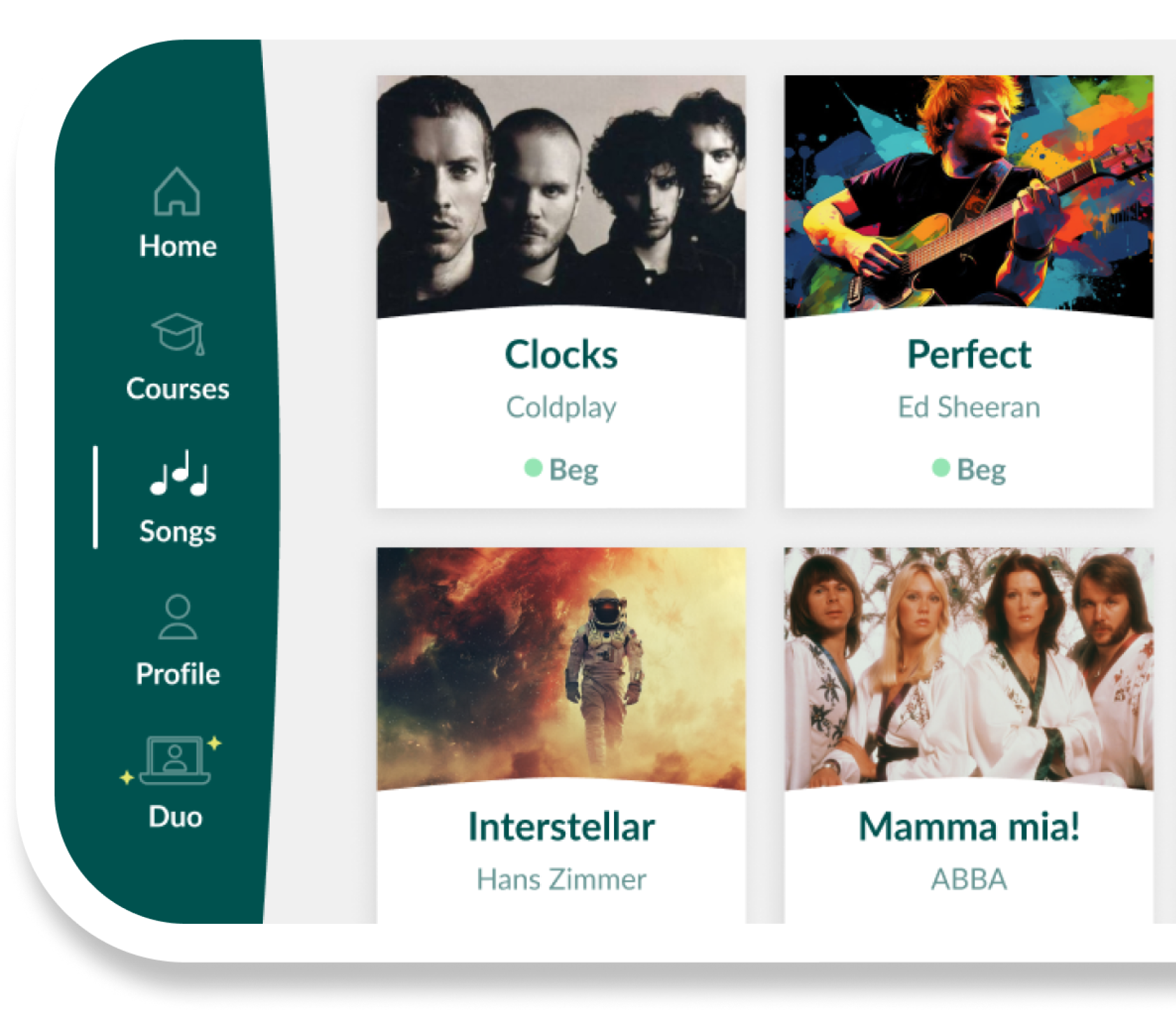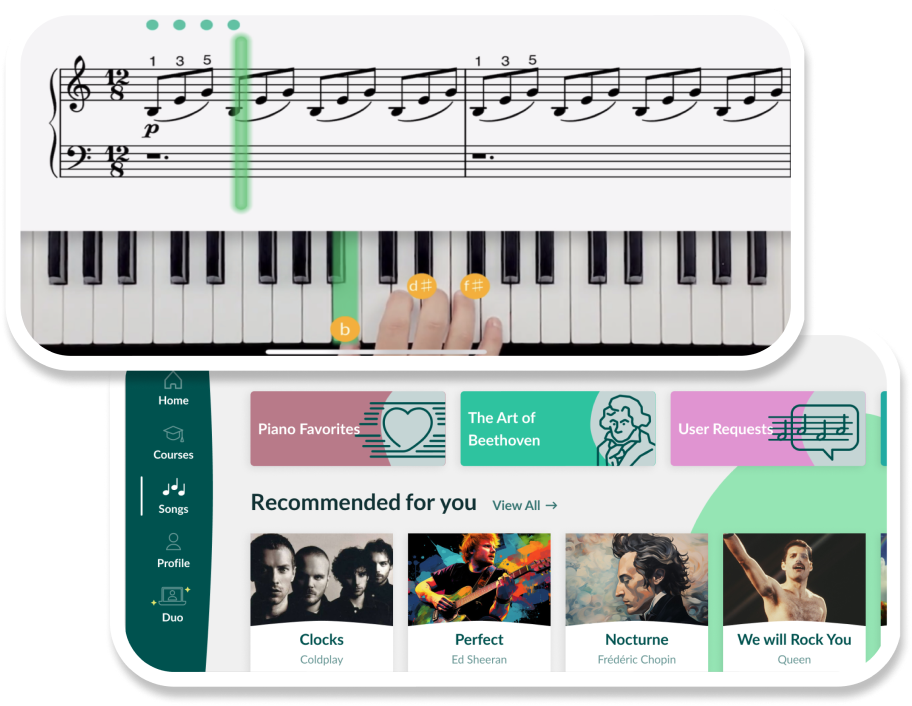Classical piano vs pop piano? When talking about your piano playing the simple answer is, have fun with both. Greater variety gives more chances to link up all the fascinating and intricate elements of making music.
To put it into perspective, Mozart did not sit down and decide to write a piece of “classical music”. He wrote music in the style of his time. Compare this to pop musicians today and there is not much difference.
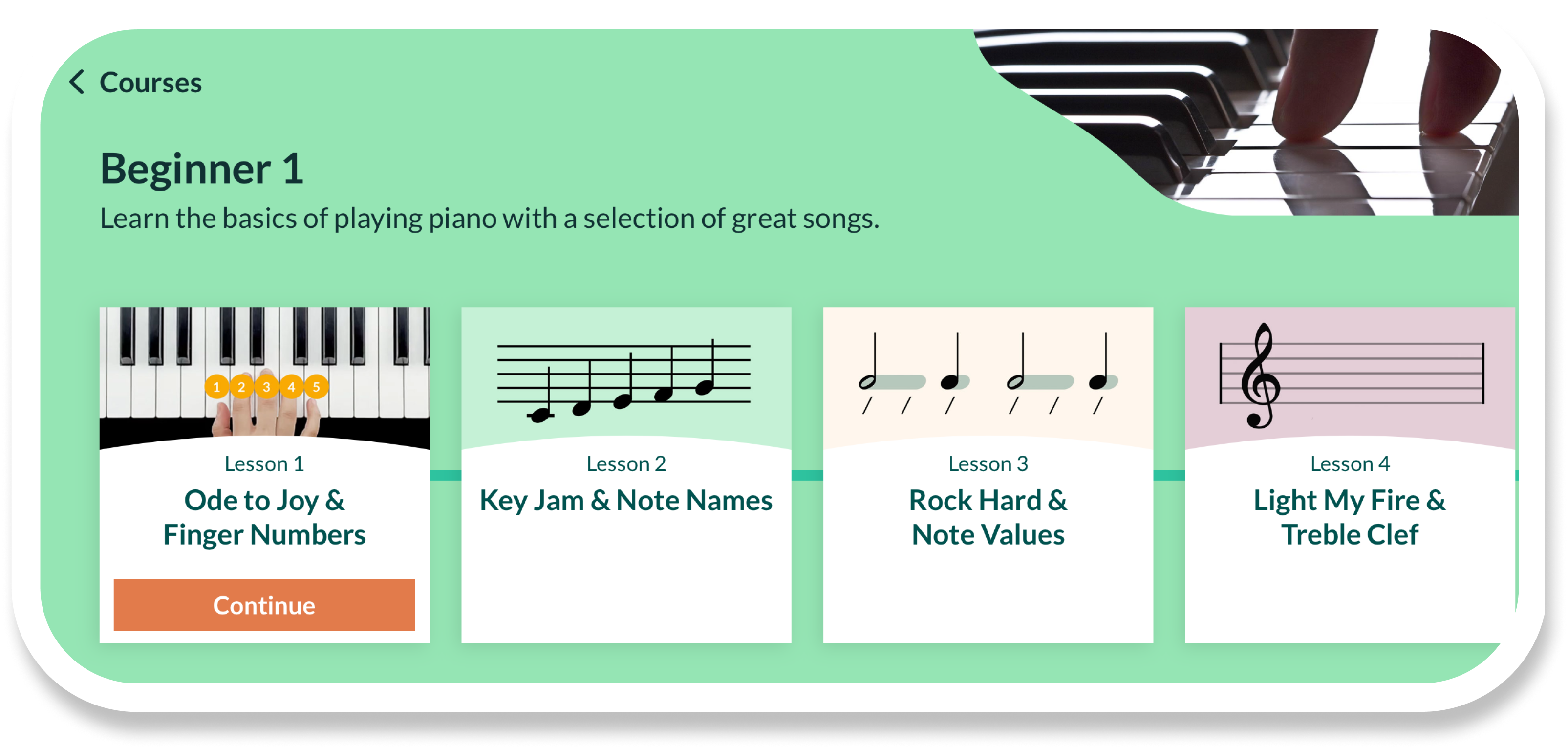
Classical vs pop piano – What can you learn from classical piano music
Classical music gives you a very strong grounding in piano skills. Before audio recording was invented, the only way to hear music was to listen to a live musician. This meant a lot of music was written for the amateur musician or for teaching purposes. This music had a concise structure, simple compositional techniques, manageable technical requirements and basic harmonies. “Classical music” is a great way to boost your piano and compositional skills.
Here is a popular example, Musette from The Anna Magdalena Notebook. This famous collection of music is from the Baroque period (1600-1750), one of the 7 classical music eras. It was presented by one of the best composers of the classical music era, Johann Sebastian Bach to his second wife, Anna Magdalena. This is the music the Bach family would play at home. How wonderful to explore this snippet of history at the piano! The example below is one of the best classicle piano songs arranged for a beginner.
Notice the patterns in the music, every 2 bars are similar. We might say it has a simple structure. From this song you can learn coordination, balance of hands, the key of C, and neat fingerwork.
This simple piece also takes you back in time. It is a corridor to a different era, learn more about this music here.
In this piece you learn to play fluent arpeggios (notes from the same chord played one after the other). You also learn the two most used functional chords in music, tonic and dominant.
These two pieces will also improve your note reading, musical expression and left-hand technique. You have everything to gain.
The comparison between jazz piano vs classical piano is as controversial as that between classical piano vs pop piano.Perhaps you prefer classical, perhaps you prefer pop, there is no right or wrong.
You can practice more classical piano sheet music and master playing your favourite classical songs.
What can you learn from popular piano music
Playing popular music is a great way to develop your ear, pulse (playing in time and feeling the beat) which you can also practice with a metronome and fluency. This is because most of the songs you play will be familiar to you. For this reason, popular songs can be learnt more quickly and provide a great sense of satisfaction. The other bonus to pop music is that your audience will be familiar with it. So, they will have an immediate connection and appreciation when hearing you play.
“Perfect” by Ed Sheeran is a great example. This piece is much more involved than the classical examples above. However, because it is so familiar, achieving fluency will be comparatively simple. Have a go and experience how your ear guides you while you learn a new time signature.
The other advantage of pop music is that you can keep learning from the same piece. Have a look at the lesson ‘Love Me Tender and Hand Positions’. The first time you learn this piece you will follow the notes. However, a few weeks later you can return to the piece and experiment by adding to the left hand. You might create your own chords or broken chord patterns (the notes of the chord played individually). This element of creative experimentation is a great way of learning and unlocking your own musical ideas.
If you really want to free yourself from traditional piano notation, pop music provides a way through chord symbols. “All of Me”, from the Pop Piano course, teaches you how chord symbols work and how to accompany yourself with different chord patterns, no need for a piano score, just you and your piano.
Perhaps you prefer classical, perhaps you prefer pop, there is no right or wrong. Music of any age is about the shared human experience, there for all to embrace and enjoy. And you can enjoy the benefits of playing piano for the brain with both!
Learn more about how to play piano in 2023 here!
Try out your free trial of Skoove today!
Author of this blog post:

Roberta Wolff started piano lessons at the age of five and is still enjoying learning! Currently, she teaches piano pedagogy and performance pedagogy at post graduate level in the UK. Her other work includes running a private teaching practice for students of all ages and abilities and creating learning and practice resources. Roberta loves writing as a means to supporting others on their piano journey.



